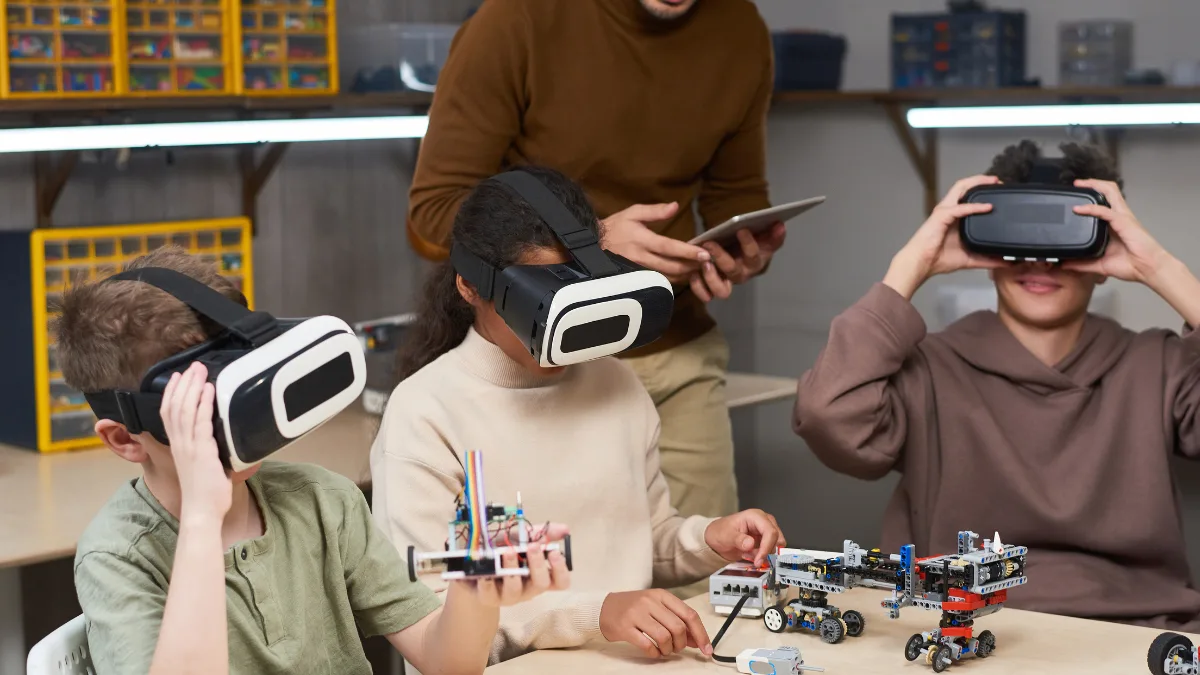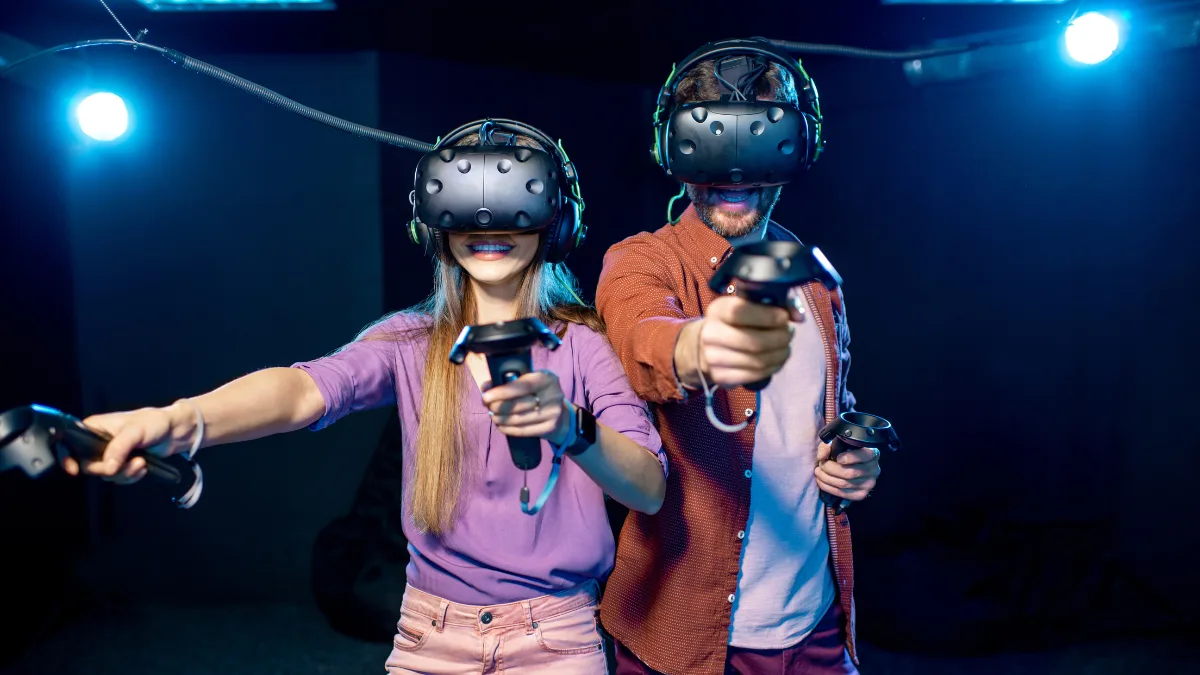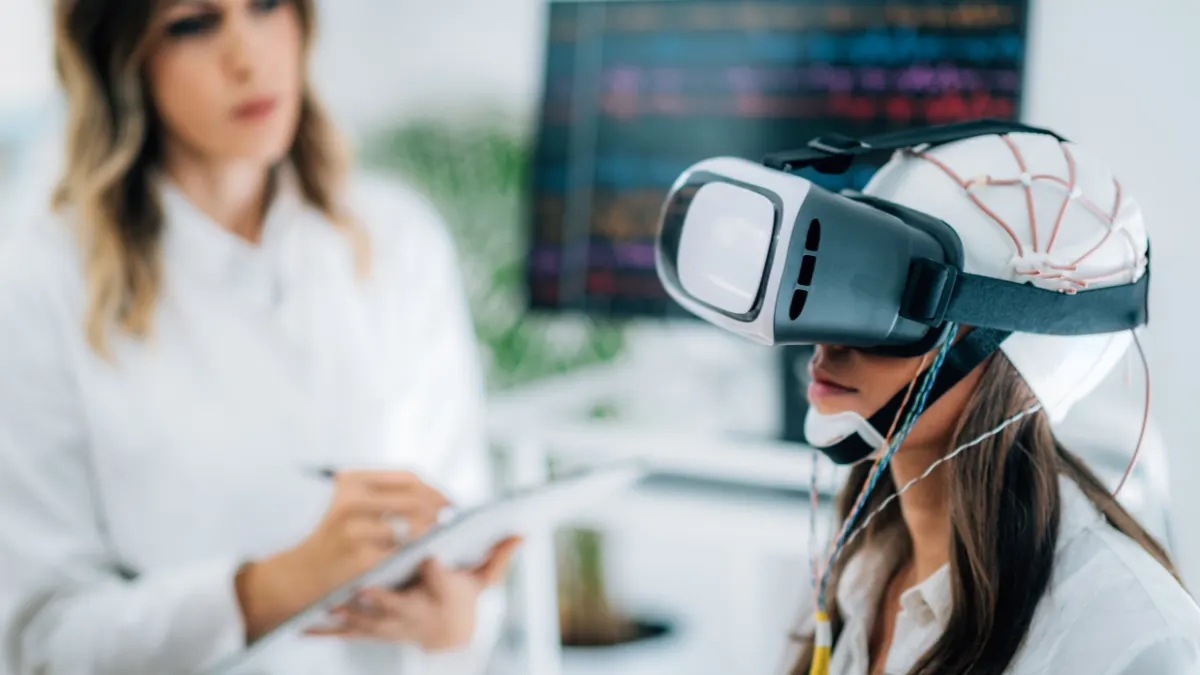Smart glasses offer many features and capabilities that enhance our daily experience. It is no wonder that many industry sectors are utilizing the applications of smart glasses.
Some of the industry sectors that utilize the applications of smart glasses include education, healthcare, entertainment, and business.
This article will provide more in-depth information on the applications of smart glasses in some of the industry sectors that have utilized the technology.
The Applications of Smart Glasses

Smart glasses applied in various industrial sectors present vast potential. The following are four examples of common applications of smart glasses in several fields:
1. Education and training
In education, smart glasses create an immersive learning experience by inserting interactive educational content into the real environment.
This technology enables the delivery of step-by-step instructions, learning simulations, and live language translation, making learning more effective and engaging.
2. Healthcare
In the medical field, smart glasses equipped with cameras make it easy to access patient information, medical records and diagnostic data without having to touch the device.
Surgeons can also use augmented reality technology during complex surgeries for real-time visual guidance that improves accuracy and safety.
3. Entertainment and gaming

In the entertainment industry, smart glasses open up new ways of enjoying games and media.
Users can experience augmented reality, play interactive games, or watch movies through virtual screen displays, without losing connection with their physical environment.
4. Business and industry
Smart glasses have been widely utilized in sectors such as manufacturing, logistics, and field services.
The technology enables workers to receive instructions, technical information, or remote assistance directly through the display on the glasses, thereby supporting improved work efficiency, accuracy, and operational safety.
Those are the four applications of smart glasses that you must know. Hopefully, in the future, this technology can develop more rapidly and have an impact on other industrial sectors.
Another thing to note is that smart glasses on the market use Bluetooth and NFC technology, this technology must pass the certification test from the Directorate General of Digital Infrastructure (DJID).
With this certification, users can feel calm about using a smart glasses device whose quality and security are guaranteed. For manufacturers or importers of smart glasses devices, obtaining certification from DJID is a mandatory step before the device can be officially marketed in Indonesia.
To simplify the certification process, we are available to assist with this process as a reliable solution. [UN].

